Dungeons & Dragons (D&D) first appeared in 1974 and it’s hard to argue that any roleplaying game can even come close to matching its history or influence. D&D created the RPG genre, ushering generations of gamers into the fold. Countless players have fallen in love with D&D’s heady mix of fantasy characters and themes, world-building, tactical combat, and teamwork.
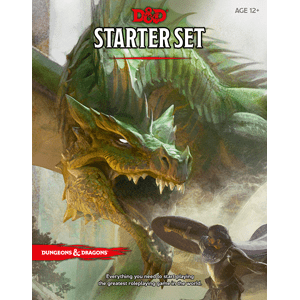
Over the past half-century, however, roleplaying games have changed and evolved, with many new options catering to different crowds. This isn’t to say D&D hasn’t kept with the times; the titan continues to adapt, and it’s fully possible to play D&D for decades without ever touching another RPG. Some players, however, may be interested in seeing how other games handle the same aspects that have made D&D so popular over the years.
Much like our Catan Stepladder, we’ll be comparing D&D to other roleplaying games in several categories. In each category, games are listed in order of how fully they develop that feature of the game; the first game in each category offers a lighter version of that element while the last game focuses on it quite heavily. Where possible, we’ve tried to consider complexity as well, but the focus here is on what the rules achieve, rather than their quantity. Lastly, it should be clear that none of these games are objectively better or worse than D&D; they merely focus on different aspects. The best game is the one you enjoy the most!
Fantasy Characters and Themes: Legend of Aesthetic -> Dungeon World -> D&D
Legend of Aesthetic
If the thing you love most about D&D is the sense of exploration, of living in a world beyond your understanding, Legend of Aesthetic is right up your alley. This light and DM-less RPG perfectly captures the fantasy spirit as players take turns narrating the actions of a lone hero. Over the course of this single-session game players will select and reiterate a series of themes and symbols, giving your quest a near-mystical resonance that’s on par with some of the best fiction in the field. No dice, no character sheet, no encumbrance rules, just the sheer wonder of an unknown adventure.
Dungeon World
Dungeon World is a narrative-focused fantasy game that uses the popular Powered by the Apocalypse (PbtA) system, renowned for its “fiction-first” mindset. Dungeon World puts the characters and story at the forefront, helping players explore the themes and tropes of fantasy fiction without entirely sacrificing the mechanical “floor” that makes D&D so appealing. As a bonus, learning any one PbtA game can help you learn the others. With at least twenty official games and countless home-brewed variants, there’s a lot of options for other genres should you ever need a rest from fantasy.
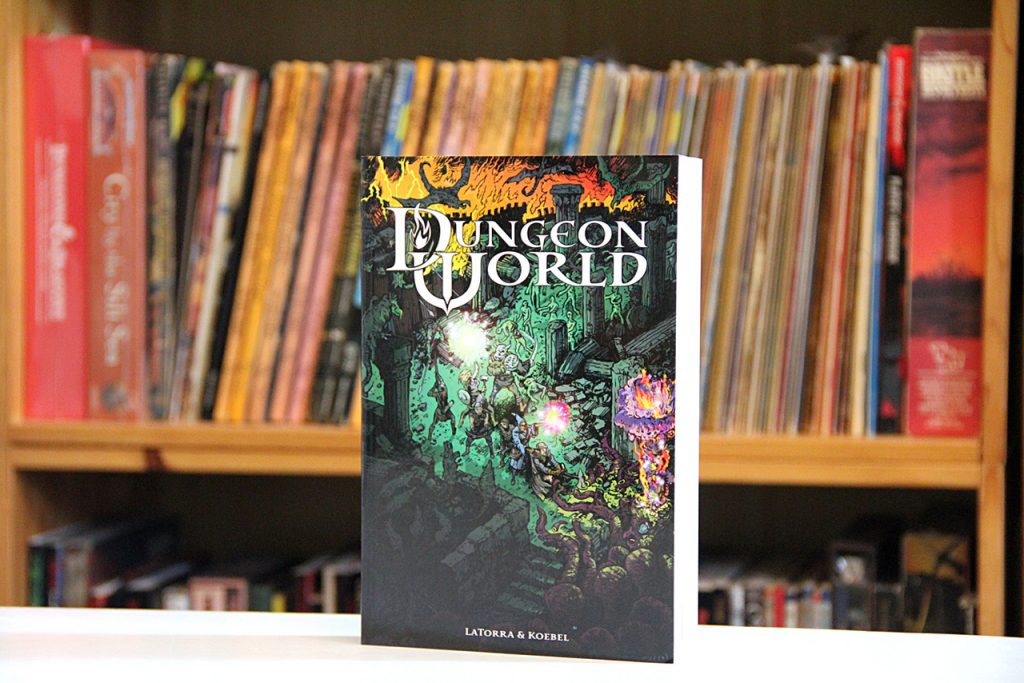
D&D
Dungeon World may do a better job of specifically pushing fantasy themes to the forefront, but with 45 years of history and counting, D&D’s breadth and depth gives it the flexibility to easily deliver on any characters or styles your group prefers. Whether you’re a sneaky rogue navigating the urban intrigue of Waterdeep, a sun-maddened psion facing the harsh world of Athas, or a battle-weary cleric forced to make a literal descent into Hell, D&D has you covered. And if none of those genres appeal to you, you can always build your own campaign.
World-Building: D&D -> Companions’ Tale -> Microscope
D&D
One of the most fun things about playing D&D is sharing in the creation of a new world. While most of that work rests with the DM, making it hard to recommend D&D solely for the world-building aspect, experienced players usually learn how to collaborate with each other to flesh out the details of the setting. Regardless of who’s involved, establishing the geography, history, and culture of the realm — as well as the thousands of little details that make it feel alive — is like finding an exciting new book. It sparks the imagination and leaves you wanting more.
Companions’ Tale
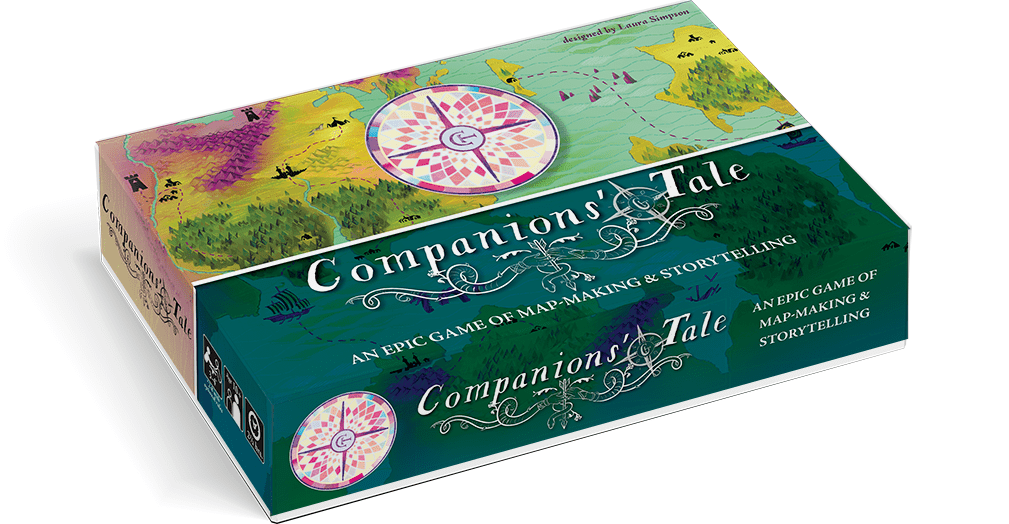
Companions’ Tale offers a clever blend of world-building, map-making, and storytelling. The players collaboratively tell the story of a hero’s journey, but always through the unreliable lens of those around the hero. In doing so, players construct the geological and cultural details of their world along with the various characters of the story. At the end of the tale, the players will have created a map that shows everything they created during play. Of course, if you’re looking for a more robust engine capable of building everything from a kingdom to a galaxy-spanning empire, you’d probably want…
Microscope
Microscope is the epitome of world-building games. Players work together to create a history that can span from decades to millennia, focusing in on specific events as they see fit in order to flesh out the setting. Microscope achieves a perfect blend, capturing both the big societal movements that shape history and the smaller day-to-day moments that create them. Though it’s fantastically satisfying in its own right, it’s also a wonderful tool for creating the fictional timeline of your custom campaign world, and many DMs have run a session or two of Microscope in order to get their players engaged in the setting before migrating it to a different system altogether.
Tactical Combat: 3:16 Carnage Amongst the Stars -> D&D -> Shadowrun
3:16 : Carnage Amongst the Stars
3:16 : Carnage Amongst the Stars is a fascinating paradox. It’s a game which is laser-focused on unending war between futuristic space warriors (the PCs) and the bizarre, deadly aliens that inhabit the universe. At the same time, the actual mechanics of that war are frighteningly open, bounded only by a few abstract rules. What reconciles these two is the over-the-top tone that somehow makes room for both big, bloody explosions and serious emotional moments.
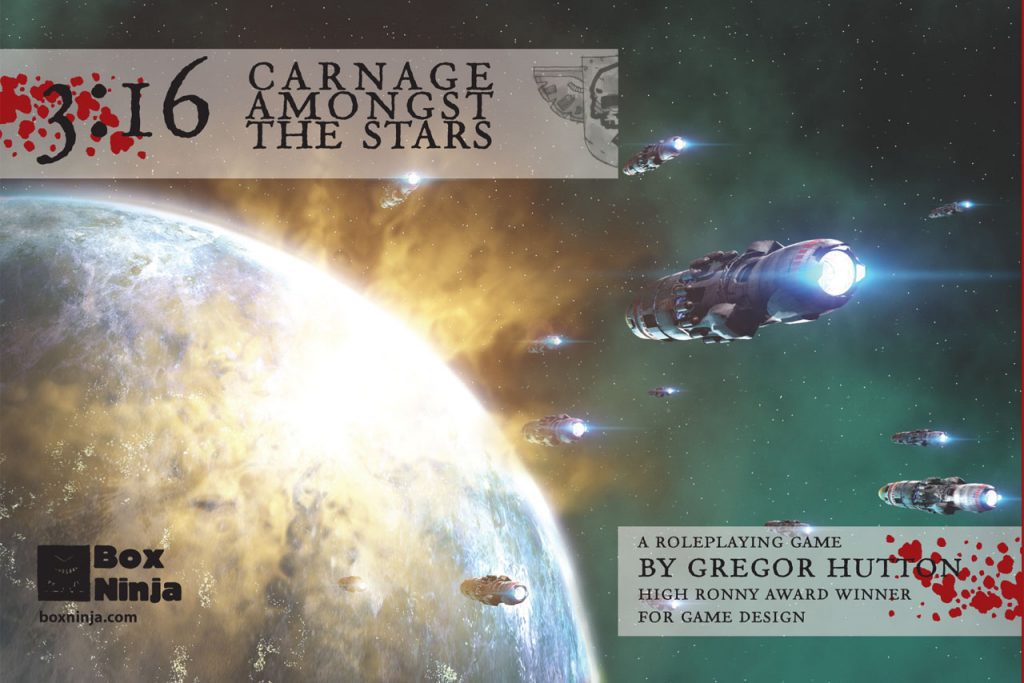
D&D
Though D&D is obviously known for the roleplaying elements, its roots lie in the field of wargaming. Combat is an inescapable part of D&D: hit points, armor class, and saving throws all serve as mechanics to handle forceful conflict between PCs and NPCs. While some editions pushed combat harder than others, there have always been lots of options for the hack-and-slash crowd as well.
Shadowrun
Perhaps no RPG has idolized combat to quite the extent of Shadowrun. This classic cyberpunk system offers a cornucopia of lethal and non-lethal combat options for player characters. Samurai swords, Wolverine-style cybernetic claws and guns that interface directly with the brain are on the tame end of the spectrum; exotic absurdities like cyberarm-mounted missile launchers are easily obtainable, to say nothing of the variety of damaging spells for those who can sling them. With one of the most granular rules sets out there, Shadowrun takes a huge investment to learn but is capable of supporting the extremely challenging tactical combat that some players crave.
Teamwork: D&D -> City of Mist -> Mouse Guard
D&D
Combat can be fun even in a solo game, but the best moments in RPGs are often when the player characters manage to pull themselves together and work in harmony to defeat impossible odds. Teamwork is important and D&D set a blueprint for party composition that every game since has either drawn on or intentionally rejected. Armored fighters keep enemies away from “glass cannon” characters like wizards and rogues, while clerics use their divine gifts to heal the wounded. The charismatic bard’s silver tongue is invaluable when the boorish barbarian picks a fight with the local constabulary. D&D’s rigid class system isn’t for everyone, but it clearly sets the expectation that every character can contribute in their own unique way to make the group stronger.
City of Mist
City of Mist is another game that uses the Powered by the Apocalypse engine, though it mixes it with another high-profile system, FATE. With this cocktail of mechanisms, City of Mist creates a noir superhero-esque game that’s far better than the sum of its parts. It’s a phenomenal game for teamwork, as the characters are all part of a Crew that has specific shared features and goals (determined by the players at the campaign’s start). Player characters all have a common purpose and a history with each other that can be used to help — or hinder — the team. And much like other FATE titles, players are encouraged to use their actions to introduce new story elements, setting other characters up for success rather than relying solely on their own abilities.
Mouse Guard
It’s no surprise that a game about mice facing a hostile world of outsized threats requires teamwork, but Mouse Guard — an adaptation of the popular graphic novels using a version of the Burning Wheel system — goes above and beyond. In all but the smallest groups, characters are put into teams when conflict rears its ugly head, making it crystal clear that the team members have to work together and then giving them the tools to do so via a chart which resolves the effects of various actions. By using different actions among their characters, players can achieve the desired outcome that one mouse alone could not. Players can not only assist each others’ characters, but can even donate actions to one another so that one hero gets more time to shine. Perhaps best of all, players are active participants in determining player rewards at the end of the session, so helping the group continues to pay off even when the action is done.
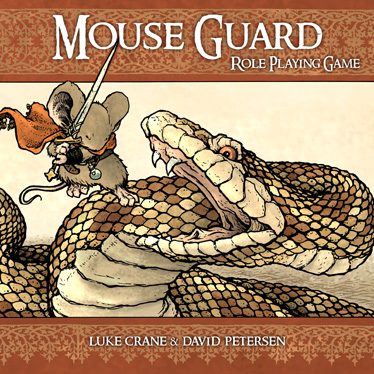
Final Thoughts
This list only begins to scratch the surface of the amazing roleplaying games out there. Whatever brings you to the table, there’s a game for it. D&D may be the ancient dragon at the top of the heap, but that doesn’t mean there isn’t plenty of treasure elsewhere.
Think you could come up with a better list? Please consider applying to join the Meeple Mountain RPG team!


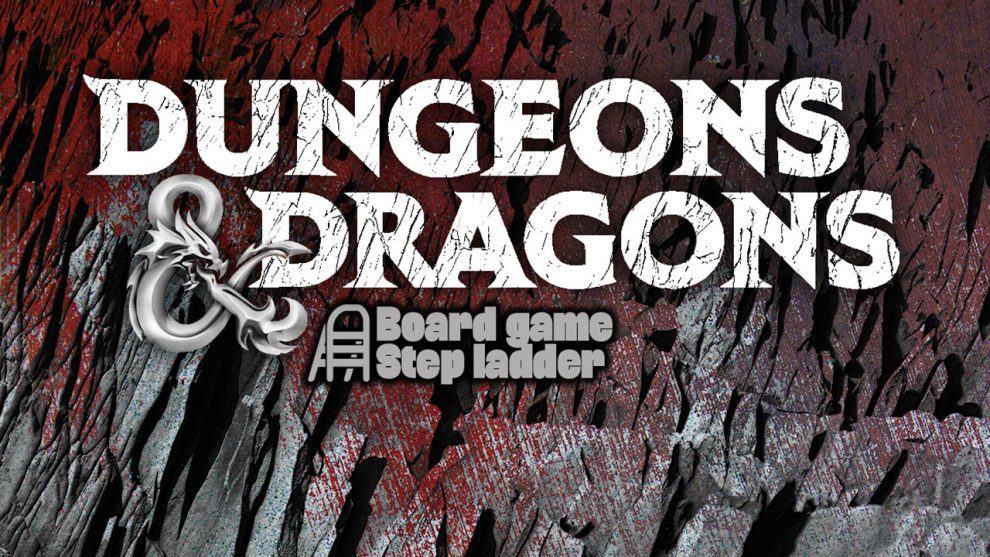
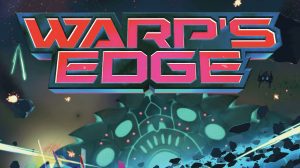
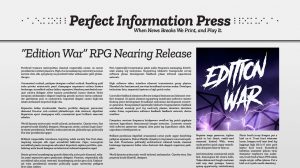
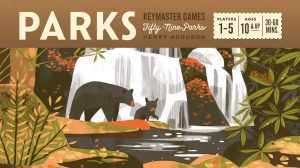
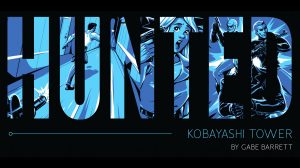




Add Comment